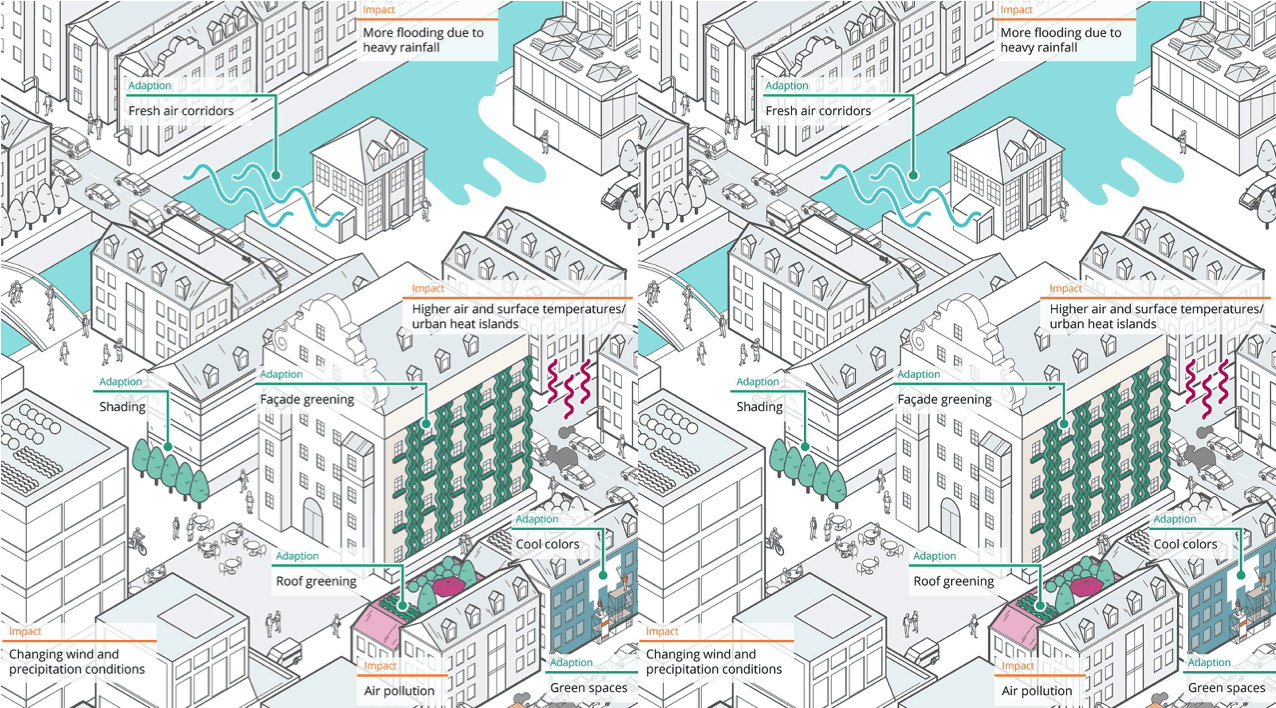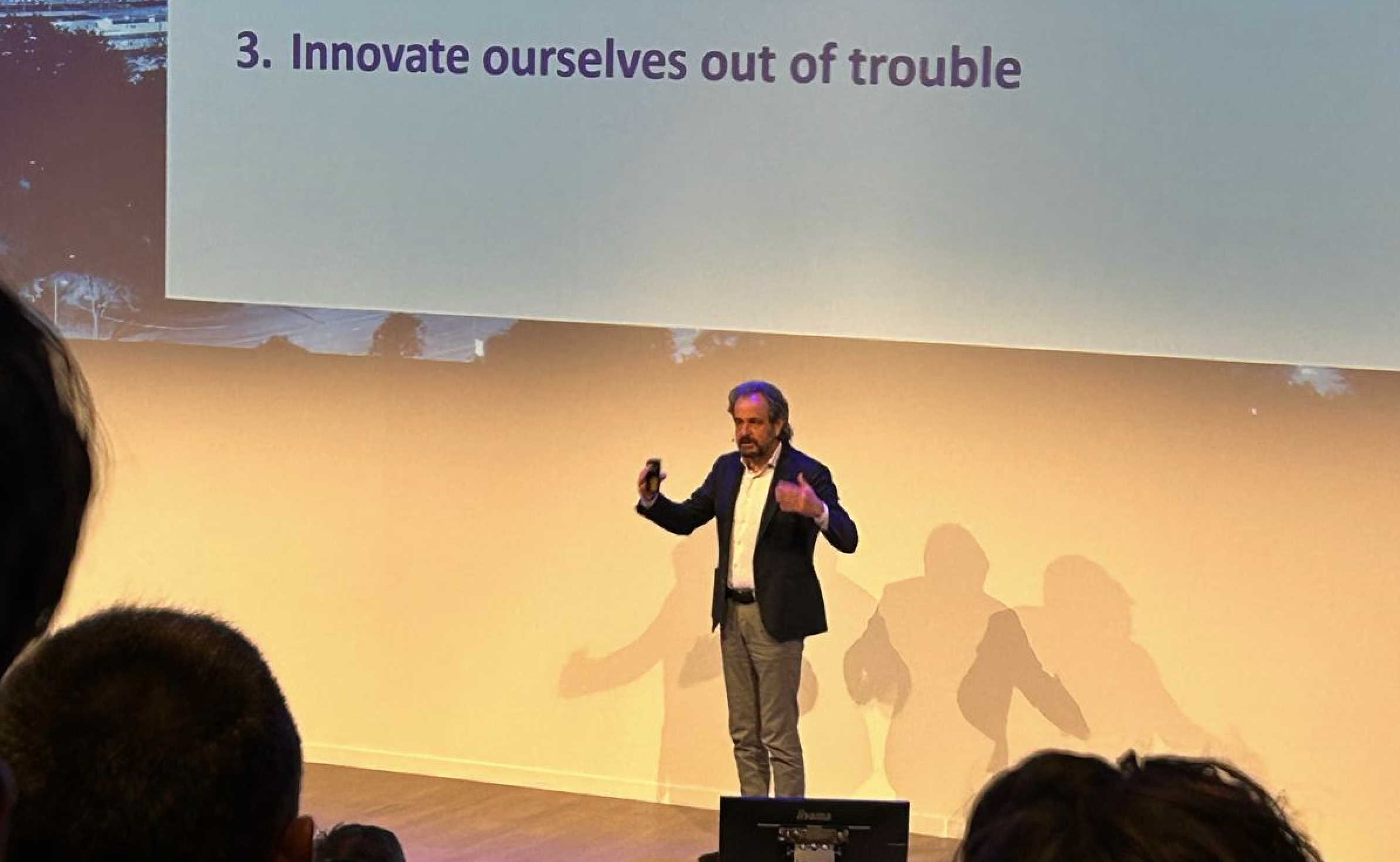
Smart cities. This means things like urban planning, administration, energy supply, mobility, etc. are networked and work together, so to speak. Intelligent streetlights respond to movement, smart buildings help save energy, car sharing is commonplace, electricity comes from photovoltaic systems, and much more. Smart city also means sustainability and environmental friendliness.
Artificial intelligence is at the heart of this, so that the optimum can be achieved in all areas. But this same AI that is already playing an increasingly important role in more and more areas of life, raises fundamental social and ethical questions. After all, where are the people in these cities that are inhabited by people?
More articles on the topic of smart cities
For this reason, the Volkswagen Foundation has now announced a funding initiative on the topic of “Artificial Intelligence – Its Impact on Tomorrow’s Society” and awarded eight interdisciplinary projects.
One of these projects is scheduled to run for four years and will be supervised by scientists from the University of Mannheim in cooperation with the Stuttgart Media University and the Ludwig Maximilian University of Munich (LMU). It is being funded with a total of €1.5 million, of which around one million euros will go to the University of Mannheim.
The head of the interdisciplinary project is Prof. Heiner Stuckenschmidt, holder of the Chair of Artificial Intelligence (AI). Together with his colleagues – Prof. Frauke Kreuter, sociologist and co-director of the Mannheim Data Science Center, who will take over the Chair of Statistics and Data Science at the LMU on April 1, and Prof. Kai Eckert from the Media University – he will investigate the opportunities and risks of using intelligent systems in traffic planning in the Rhine-Neckar metropolitan region.
Equal opportunities for all?
In cooperation with local partners in the Rhine-Neckar metropolitan region, the scientists want to investigate two practical applications. First, they want to explore the use of Internet-of-Things sensors for traffic control. One example they cite is the possibility of optimizing the use of parking spaces.
But another important aspect is the impact of AI systems on socioeconomic inequality in a city. They say this applies, for example, to the dynamic pricing of urban parking spaces to achieve better utilization and encourage more people to give up their cars in the city.
Such systems for controlling the flow of traffic in cities are already being planned in several places. The advantages here are clear. When traffic flows better and there is less congestion, emissions are reduced and air quality improves.
On the other hand, however, it is easy for parking to become more expensive, putting low-income groups in particular at a disadvantage. As part of the project, the scientists also want to explore “how fair machine learning can create equal opportunities to participate in urban life to the greatest extent possible for all income classes.”








